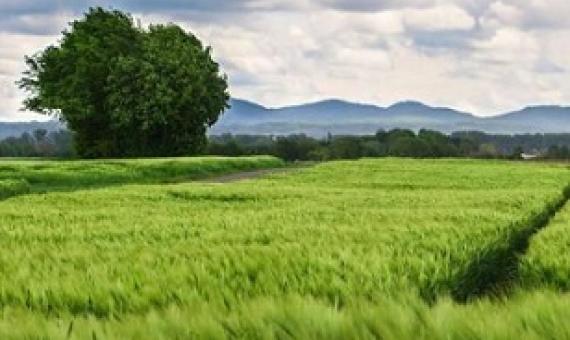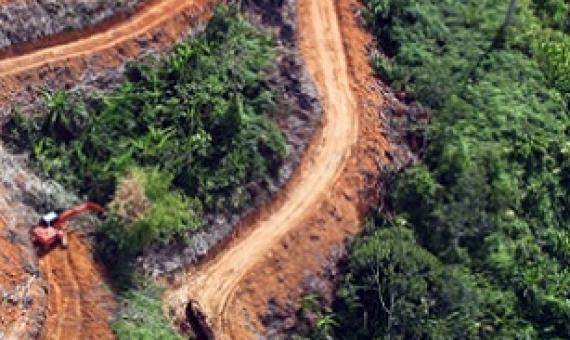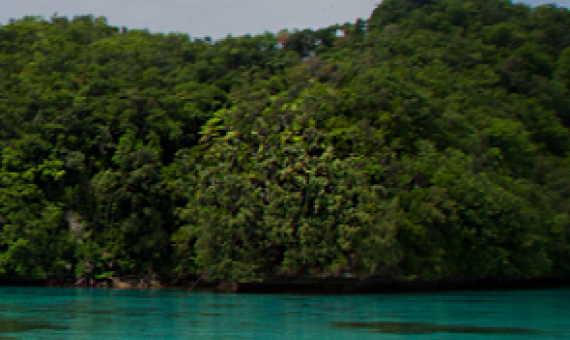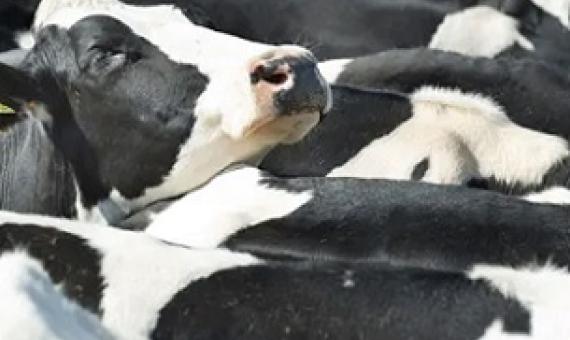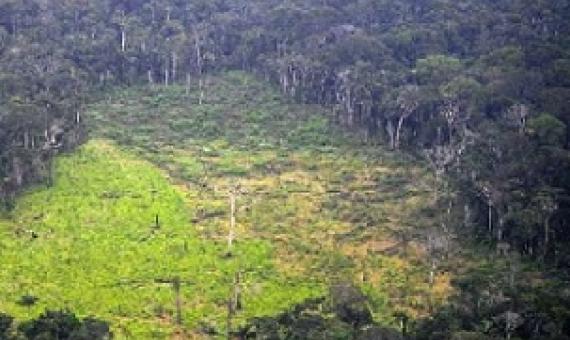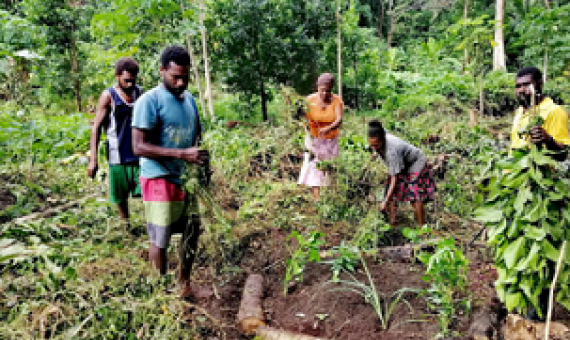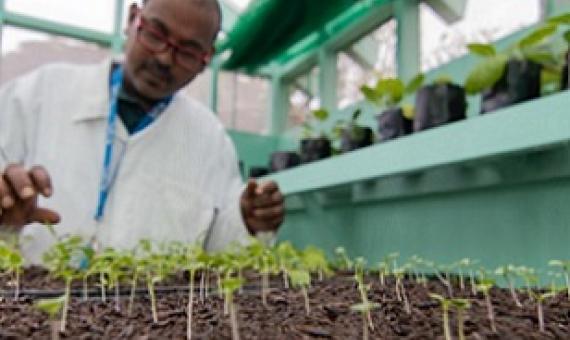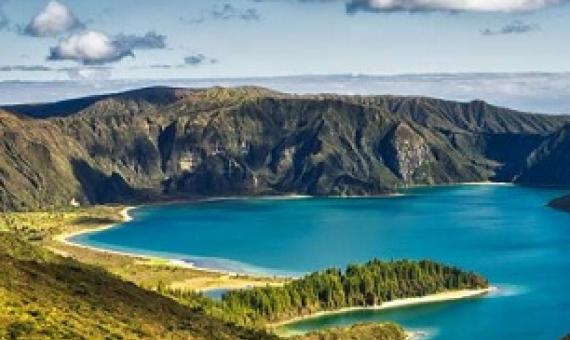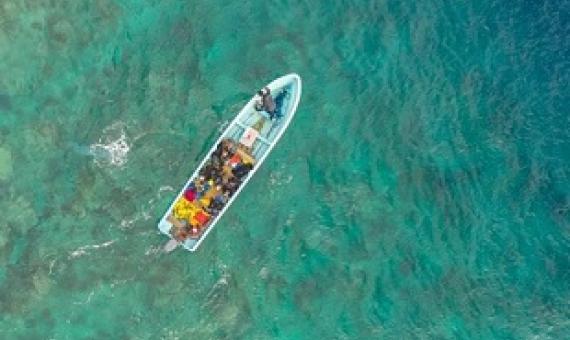Is organic farming the only alternative to conventional agriculture to promote biodiversity in agricultural landscapes? An international research team led by the University of Göttingen questions this.
In a new report, NGO Forest Trends found that at least 69% of tropical forests cleared for agricultural activities such as ranching and farmland between 2013 and 2019 was done in violation of national laws and regulations.
Two reports compiled by President Surangel Whipps Jr.’s Transition Subcommittee for the Ministry of Natural Resources, Environment & Tourism (MNRET) examines steps the government can take for the development and conservation of Palau’s natural resources, including domestic fisheries.
Nearly one-third of parrot species are threatened with extinction, and a new study concludes that current protected areas are not sufficient to protect parrot diversity, overlapping with only 10% of the geographic range of all parrot species.
The global food system is the biggest driver of destruction of the natural world, and a shift to predominantly plant-based diets is crucial in halting the damage, according to a report.
More than 43 million hectares of forest—an area bigger than Germany—have been lost in a little over a decade in just a handful of deforestation hotspots, conservation organisation WWF said Wednesday.
As one of the most remote and underserved areas of the country, the Western Coast of Santo houses over 40 villages and a population of more than 4000 people, and depends heavily on subsistence agriculture...Responding to a call by traditional leaders in Western Santo to r
Invasive species are a major threat to the global economy and the environment, costing economies billions of dollars to control each year.
Returning specific ecosystems that have been replaced by farming to their natural state in all continents worldwide would rescue the majority of land-based species of mammals, amphibians and birds under threat of extinction.
The COVID-19 crisis has hit tourism-dependent Pacific Island countries severely. Fiji, the largest of these states, is feeling the impact badly, with laid-off workers of tourism-related industries, such as hotels and travel companies, turning to farming and fishing for survival.

